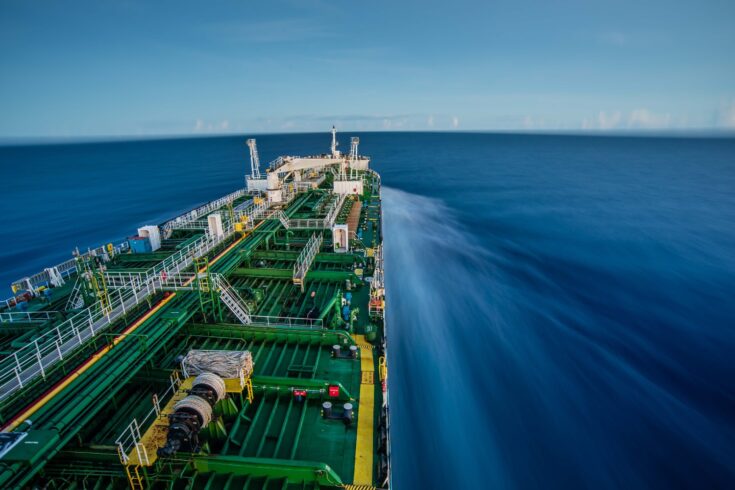The new hub was launched by Baroness Vere on Clean Maritime Day at London International Shipping Week.
The UK-MaRes Hub, led by Durham University, will carry out innovative research in:
- sustainable marine fuels and their safe use
- low-carbon power and propulsion systems for shipping
- decarbonised port operations and infrastructure
- improved maritime operations
- vessel efficiency
Sustainable shipping
Funding for the hub includes £7.4 million from the Engineering and Physical Sciences Research Council (EPSRC) and Department for Transport. Matched funding from project partners is being secured increasing to more than £10 million by the end of the hub.
Professor Miles Padgett, Interim Executive Chair of EPSRC, said:
Investing in research and innovation is crucial to achieve the UK’s ambitious target of net zero greenhouse gas emissions by 2050.
Domestic shipping emits more polluting gases than buses and rail combined. A maritime research hub will bring together world-leading expertise and support the sector to develop and commercialise clean maritime fuels and technologies.
Funding collaborative research
The UK-MaRes Hub is a consortium of 13 universities led by Durham and including researchers from:
- Aston University
- University of Birmingham
- University of Brighton
- City, University of London
- Cranfield University
- University of Liverpool
- Newcastle University
- University of Nottingham
- The University of Sheffield
- Solent University
- University of St Andrews
- Ulster University
It also brings together over 70 industrial, civic and international organisations as project partners, including shipping companies, ports, equipment and service providers, fuel producers and civic bodies.
Achieving net zero emissions
Professor Tony Roskilly, Director of the UK-MaRes Hub, at Durham University, who has over 30 years’ experience in maritime related research, said:
Our vision is to create a pioneering research hub providing technically, environmentally, socially and economically informed ways to decarbonise the maritime sector.
The UK-MaRes Hub will harness the depth, breadth and diversity of research being undertaken in the UK to foster collaboration, drive forward innovation and transformation, and set a global benchmark for excellence in maritime research.
London International Shipping Week
Today’s announcement at London International Shipping Week was part of a UK government package of clean maritime measures to help tackle greenhouse gas emissions.
This included a £1.5 million International Green Corridor Fund in collaboration with international partners, including Norway and Denmark, to make end-to-end green shipping a reality.
Decarbonising the maritime industry
Transport Secretary Mark Harper said:
With 95% of the UK’s trade happening by sea, the maritime sector is vital to our country’s economic output but it’s also one of the biggest contributors to the UK’s emissions.
That’s why it’s so important that we focus on how decarbonising maritime can help grow the economy – today’s package helps create highly skilled jobs and supports the levelling up of our coastal communities.
A world leader
Maritime Minister Baroness Vere said:
The UK maritime sector is a world leader in green shipping practices but the journey towards a fully decarbonised sector by 2050 requires us to continue innovating, pushing forward and building on that status.
With the world’s mariners focusing on London this week, it’s fantastic to once again show how the UK continues to be a driving force in the industry through our new Clean Maritime Day package.
Further information
The Clean Maritime Research hub will address research challenges in:
- low and zero-emission fuels, energy sources and vessel technologies for the maritime sector
- land side infrastructure required to enable the uptake of low and zero-emission fuels, energy sources and vessel technologies by the maritime sector
- the role of energy efficiency solutions in facilitating the uptake of low and zero-emission fuels, energy sources and vessel technologies by the maritime sector

